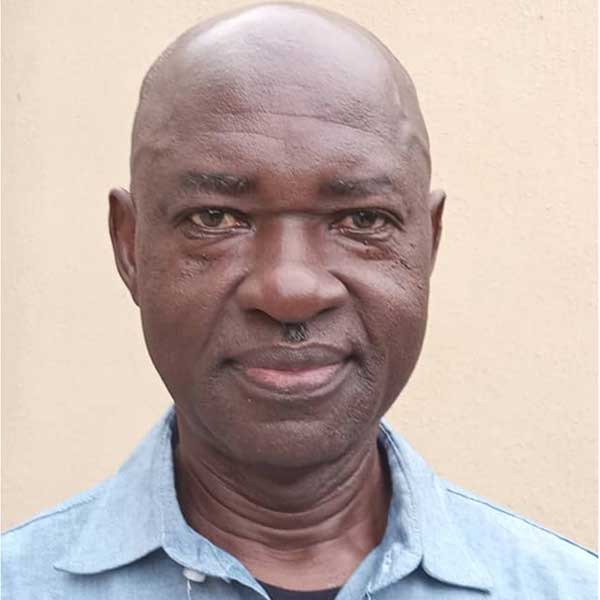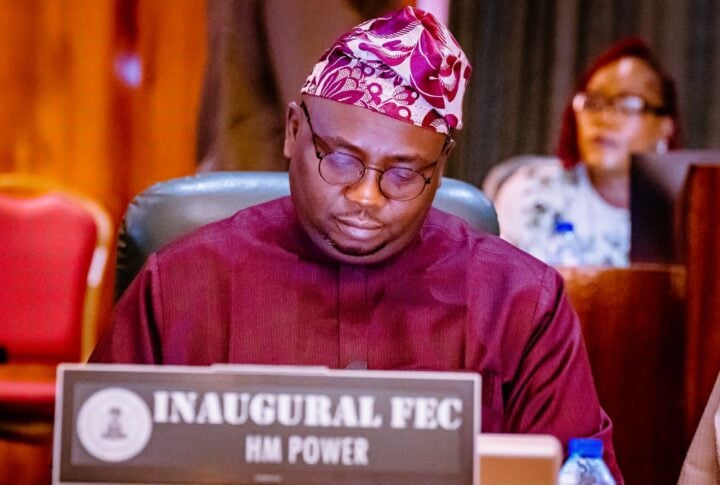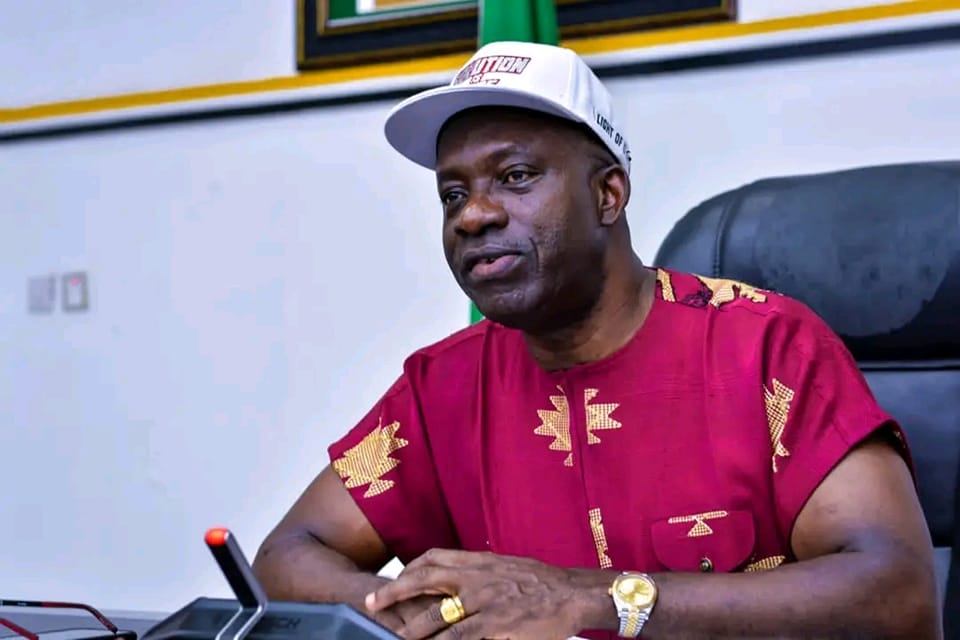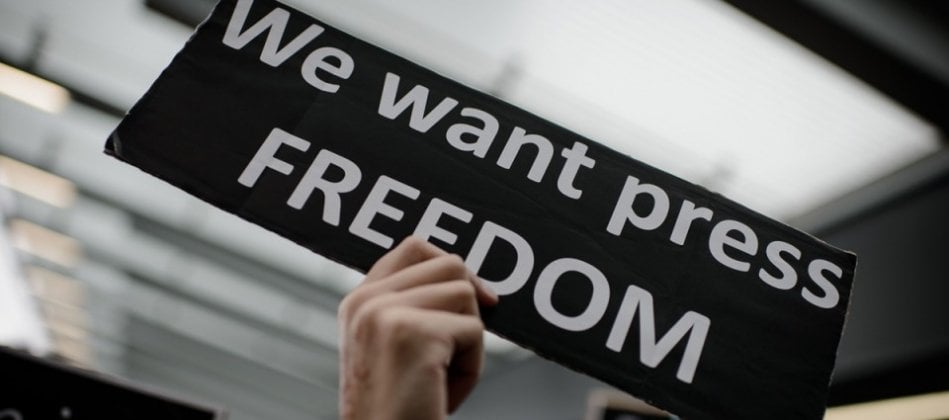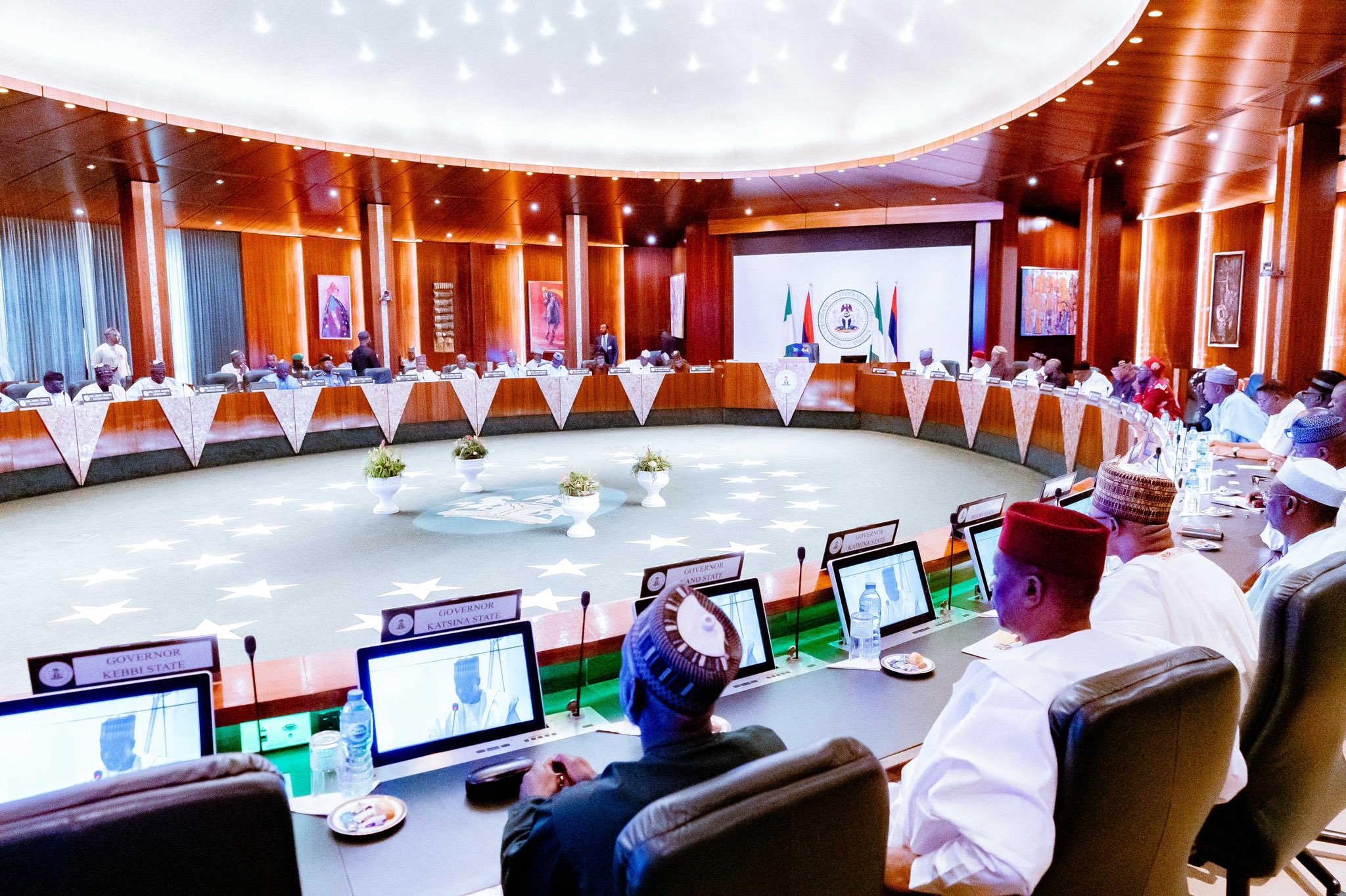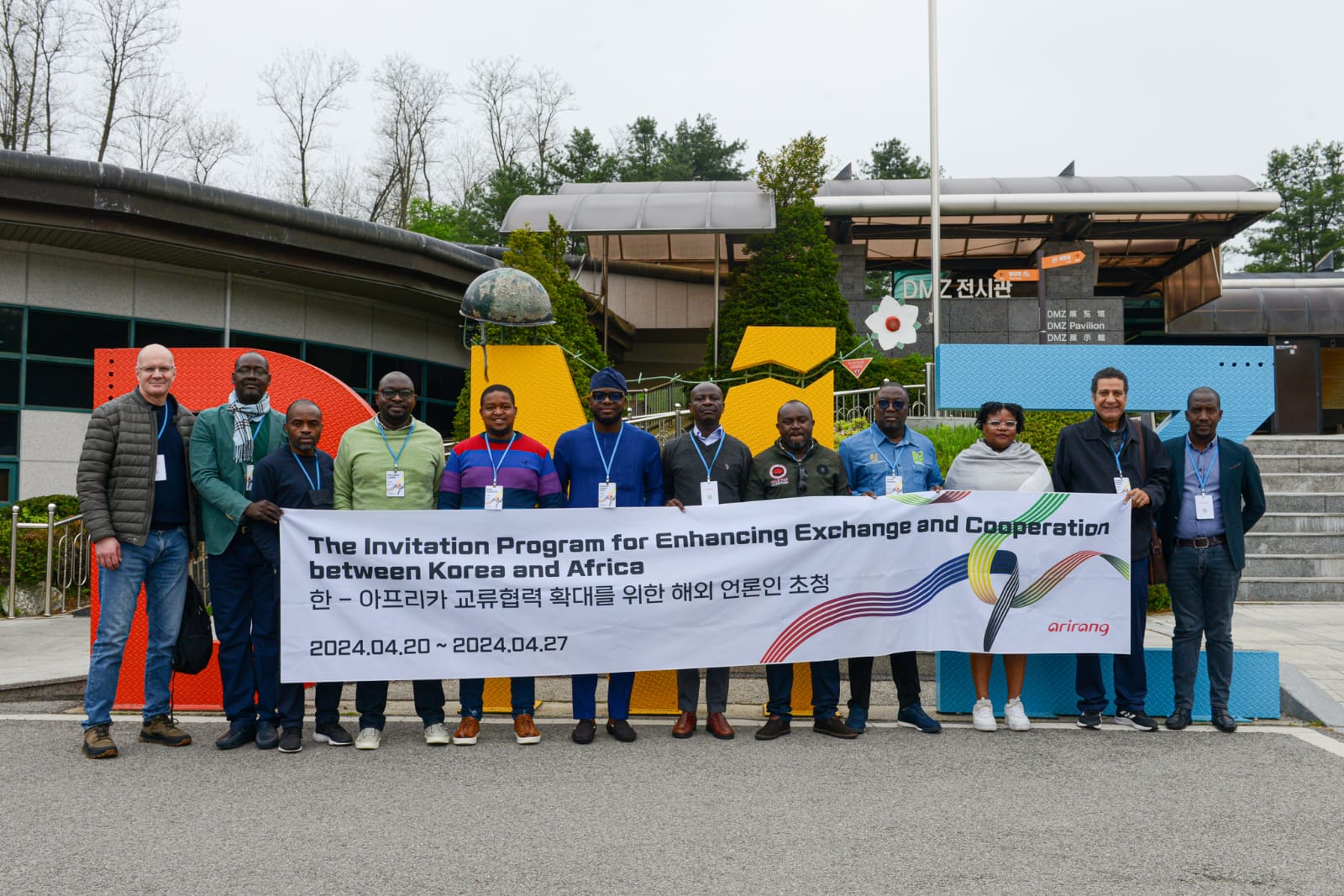It is no longer news that the Federal Competition and Consumer Protection Commission (FCCPC) has made efforts to stop MultiChoice, owner of DSTV and GOTV, from reviewing upwards the prices of its products. That has been generating debates and interests of all sorts, ranging from the need to protect Nigerians against the exploitative and predatory tendencies of producers and marketers to the legitimacy of profit-making by entities that have goods and services on offer. Like other topics in public discourse, every side to this one parades genuine and weak reasons.
My concerns in this matter, however, stem mainly from what appears to be the lop-sidedness of FCCPC’s operationalisation of its cardinal statutory function of safeguarding local consumers from being milked. To begin with, over time, it’s difficult to identify any meaningful ways in which the people of this country are shielded from the biting vagaries of market forces. Capitalists and their apologists often lecture the government and the long-suffering citizens on what they call the inevitability of the interplay of demand and supply. They canvass that buyers should surrender themselves to whatever this battle hands down to them. Without explicitly describing this school of thought as the survival of the fittest, that’s exactly what it is.
Why bother oneself with things one cannot afford? This simple poser has various implications and possibilities. Even when you’re not an economist, life soon teaches you about scale of preference which spells out what one’s priorities are. You may not write it in black and white but you would usually keep its mental picture. And lines are often drawn between essential and nonessential items. It’s that critical. Nobody can shy away from the crucial practice of managing usually inadequate resources.
In the light of the existential struggle of attempting to meet seemingly endless wants and needs, therefore, it’s hard to question the rationale for FCCPC’s primary role of pricing policing. And, in so doing, it must be seen to, at least, exhibit at all times the noble attribute of equity. I’m not alone in wondering about the very existence and relevance of the agency, speaking generally. This is not to suggest that it has never achieved anything at all. But then, of what use is it to average Nigerians when the inflation figures that ravage virtually all segments of their socio-economic life can hardly be explained using established parameters? Go to a market and meet a price; the next day or week, it shoots up without regard for any prediction. This situation only accentuates the people’s hopelessness and helplessness. It’s one condition that keeps getting worse with the nation’s rapid drift from economic and social equilibrium.
Advertisement
In the midst of this vulnerability and what comes to Nigerians as lack of people-oriented governance, a Commission this strategic ought not to be faceless for too long. It’s baffling that it is now energetic in its unbalanced oversight of DSTV and GOTV. Even before the FCCPC approached the courts to prevent those pay TV platforms from implementing the price increase of their products, they had on several previous occasions been subjected to what amounted to persecution and public ridicule. For instance, in 2015, two lawyers took MultiChoice to a Federal High Court in Lagos in an attempt to block price hikes but the presiding judge told them plainly that they weren’t under any obligation to patronise the defendant. A similar effort against the cable television giant was also dismissed two years ago at the Consumer Protection Tribunal. These and some other wins haven’t dissuaded unrelenting activists and litigants, curiously.
Virtually everything that can be purchased has been impacted by the current astronomic inflation. What makes the case of MultiChoice’s services different that has put FCCPC in a hyper-active mode? This Commissions’ glaring duplicity is well captured in a recent intervention by Dr Yemisi Bamgbose, Executive Secretary of Broadcasting Organisation of Nigeria, on this subject. According to him, “if the mandate of FCCPC includes price control of goods and services in a free and deregulated economy, where was the organisation when bakers’ associations in the country increased the cost of a loaf of bread more than 200% in the last one year? Bread is an essential commodity. What took away the mandate of FCCPC to review the cost of the most staple food of the common man which Nigerians can no longer afford? I doubt if FCCPC is aware that a sachet of pure water has been increased from five naira to 20 naira in the last one year. Is the organisation on vacation?
“Perhaps the organisation was on leave when bottling companies in the country astronomically increased the cost of malt and other soft drinks. I was surprised that FCCPC didn’t call stakeholders meeting to review the new prices. Perhaps the cost of a bag of cement has not been increased from 4000 naira in the last one year. That must be the reason why FCCPC did not deem it fit to invite Dangote, BUA and Lafarge cement manufacturers with relevant stakeholders to discuss the more than 100% increase on a bag of cement. Aviation sector, on a daily basis, increases the cost of domestic flights. This also has not attracted the attention of FCCPC.”
Advertisement
Time has come to probe the unjustifiable negative attention given to MultiChoice. Things that are fundamental to life like food, water, medicines and even oxygen are being raised beyond the reach of ordinary Nigerians as if that’s the most natural thing to do. The country’s consumer protector manages to understand and reason with the providers. Then, items like television programmes which, in most cases, have no direct relationship with actual survival have become vital and deserving of red-alert scrutiny. Haba!
Some aspects of this imbroglio really come off as untidy and disturbing. Subscribers in Nigeria do have options, perhaps not with the strength and reach of the over-monitored MultiChoice. Access to numerous terrestrial and free-to-air stations abounds. Also, StarTimes, a government-owned competitor of DSTV and GOTV, increased its own prices twice last year alone even without raised eyebrows from the now diligent FCCPC. Netflix, a newer foreign entrant into the country’s television space, equally raised its tariff without any official drama.
FCCPC’s embarrassing treatment of MultiChoice should end at this point, especially since it has failed to convince the public about the grounds for this special focus on this thriving South Africa-originated company. Enough of chasing shadows. These unequal and concerted moves to control its prices may in fact have unwittingly endorsed the centrality of MultiChoice to the Nigerian cable television industry. For a country that is sufficiently addicted to European football, the fixation to the firm that seems to permanently enjoy its transmission rights is understandable. But that shouldn’t be an excuse for the present arm-twisting. The passion that Premiership, La Liga, Bundesliga, Serie A or any other exclusive programme generates can be well channelled towards the satisfaction of the transmitting agents and viewers.
In the long run, antagonism won’t help anyone. Certainly not Nigeria and her citizens who shouldn’t place unwarranted hurdles before foreign direct investment, FDI. The National Assembly too should by now be tired of summoning MultiChoice for questioning on pure business issues. Corporate bodies and individuals are grappling, with little success, with the mess brought on the nation by the twin dragons of oil subsidy removal and ruptured forex transactions. Singling out and stifling a major player would be counterproductive. It’s not too late for FCCPC to take the path of impartiality and decency.
Advertisement
Ekpe, PhD, is a member of THISDAY editorial board.
Views expressed by contributors are strictly personal and not of TheCable.
Add a comment
